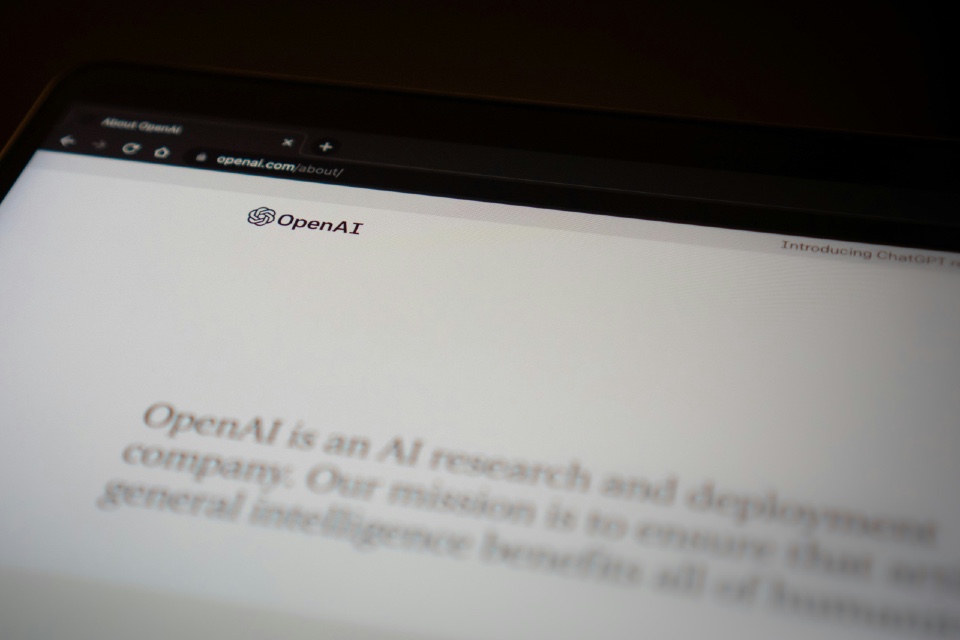87% of marketers worry about technology replacing jobs in ‘red flag’ for CMOs
A Gartner survey of 627 marketers between August and September of 2023 found that 89% of marketers are concerned about layoffs at their company. While the majority of marketers are optimistic about their career progression and skill preparedness, 55% report experiencing mismatched job expectations in their current roles.
This is compounded by environmental uncertainty and undue burden from marketing technology: 61% of marketers reveal they have encountered a technology and/or process change in the past 12 months. In addition, marketers also cite instability in leadership as a factor, with 20% having experienced a recent change in senior marketing leadership.
“These findings should be a red flag for CMOs, as high environmental uncertainty, mismatched role expectations and martech burden can lead to burnout as well as increased attrition,” said Iliyana Hadjistoyanova, Director, Advisory in the Gartner Marketing Practice. “CMOs must refocus their talent strategy and prioritize development with a strong focus on upskilling and change management to ensure their function is prepared in the face of ongoing disruption.”
Additional Gartner survey findings that will better equip CMOs to respond to the fast-evolving landscape include:
“These leaders are seeing integration and skill gaps as driving these issues,” said Hadjistoyanova. “It is crucial that CMOs closely align with their martech leaders to establish talent development plans that not only assess but address these skill gaps. Martech investments have a direct impact on the employee experience, and CMOs must weigh these costs and benefits.”
Despite the acceleration of GenAI, which 47% of marketers are already using, the majority expressed concern about technology replacing jobs in their industry. In fact, a Gartner survey of 822 business executives between September and November of 2023 revealed that 26% of marketing leaders plan headcount reductions as a result of GenAI in 2024.
“When employee fears go unchecked, an environment of increased uncertainty will insufficiently prepare marketers for a successful future,” said Hadjistoyanova. “By developing robust talent plansthat incorporate the use of GenAI and work to increase skill preparedness, CMOs can mitigate its impacts on employees’ wellbeing, leading to overall engagement and retention. These actionable steps must address role transition and fit-for-purpose employee learning, as well as cover technology and process changes related to GenAI adoption.”
Marketers who engage in higher GenAI use are 30% less likely to report high burnout, and 40% less likely to intend to leave their jobs in the next year.
Photo by Jonathan Kemper on Unsplash

